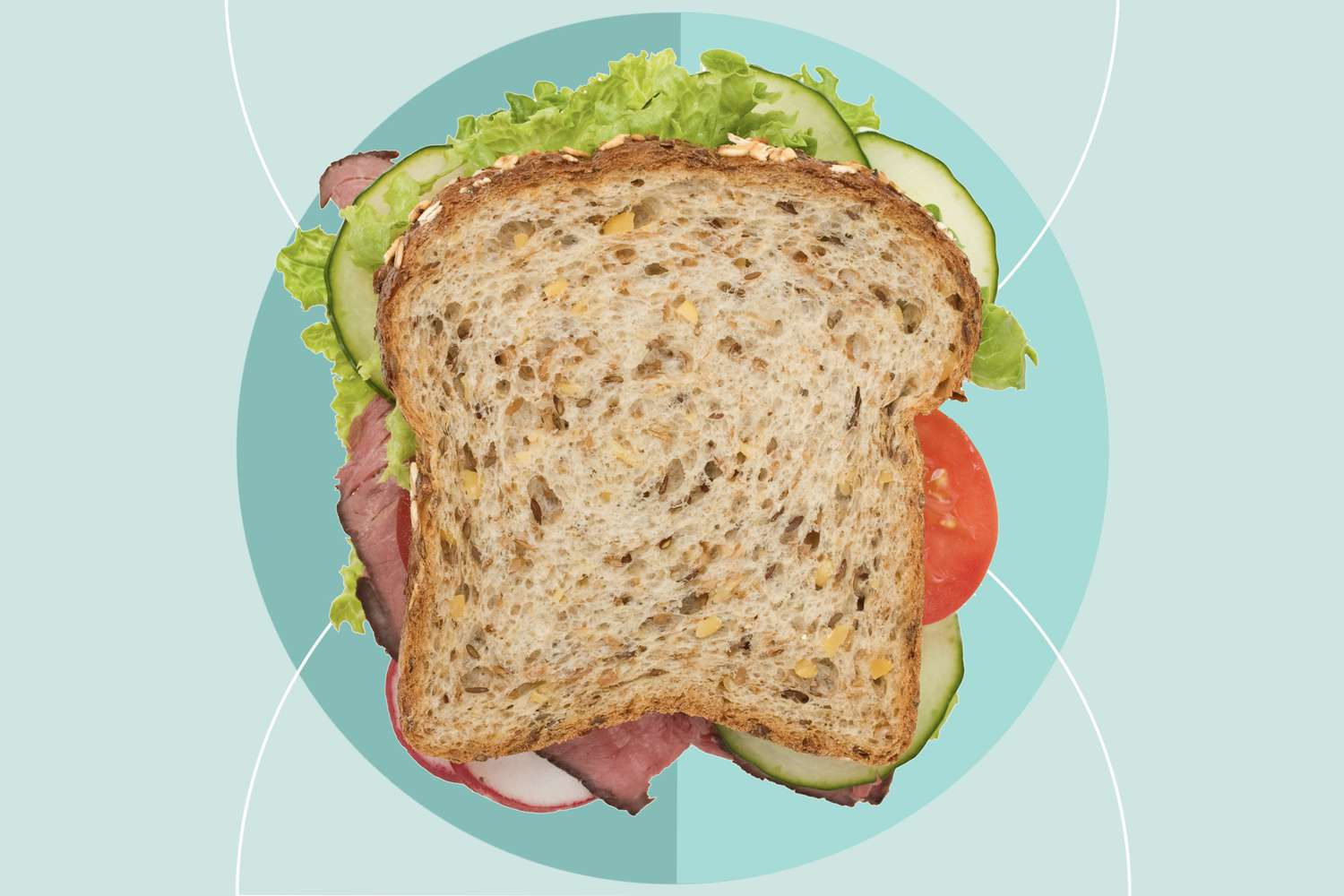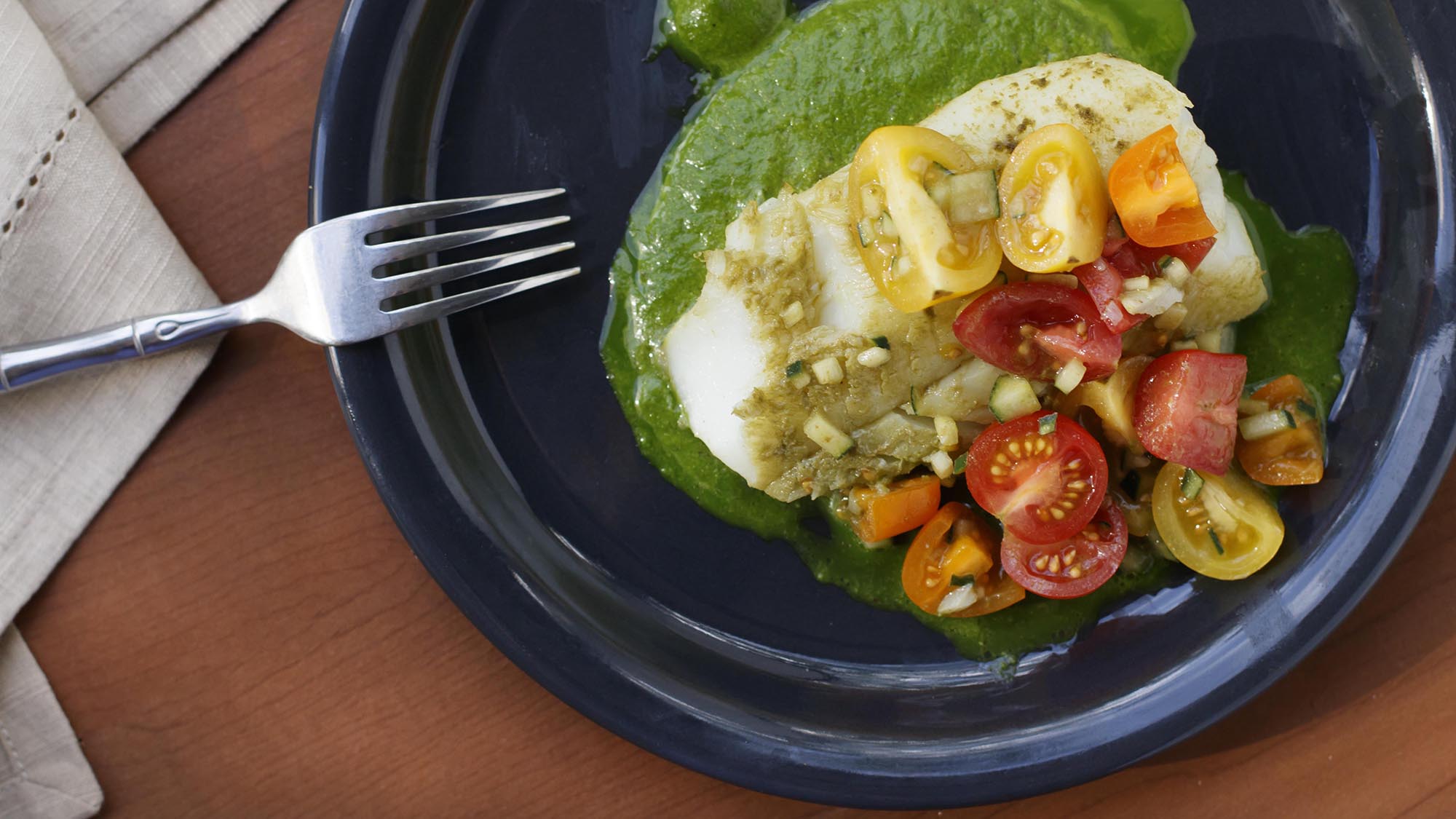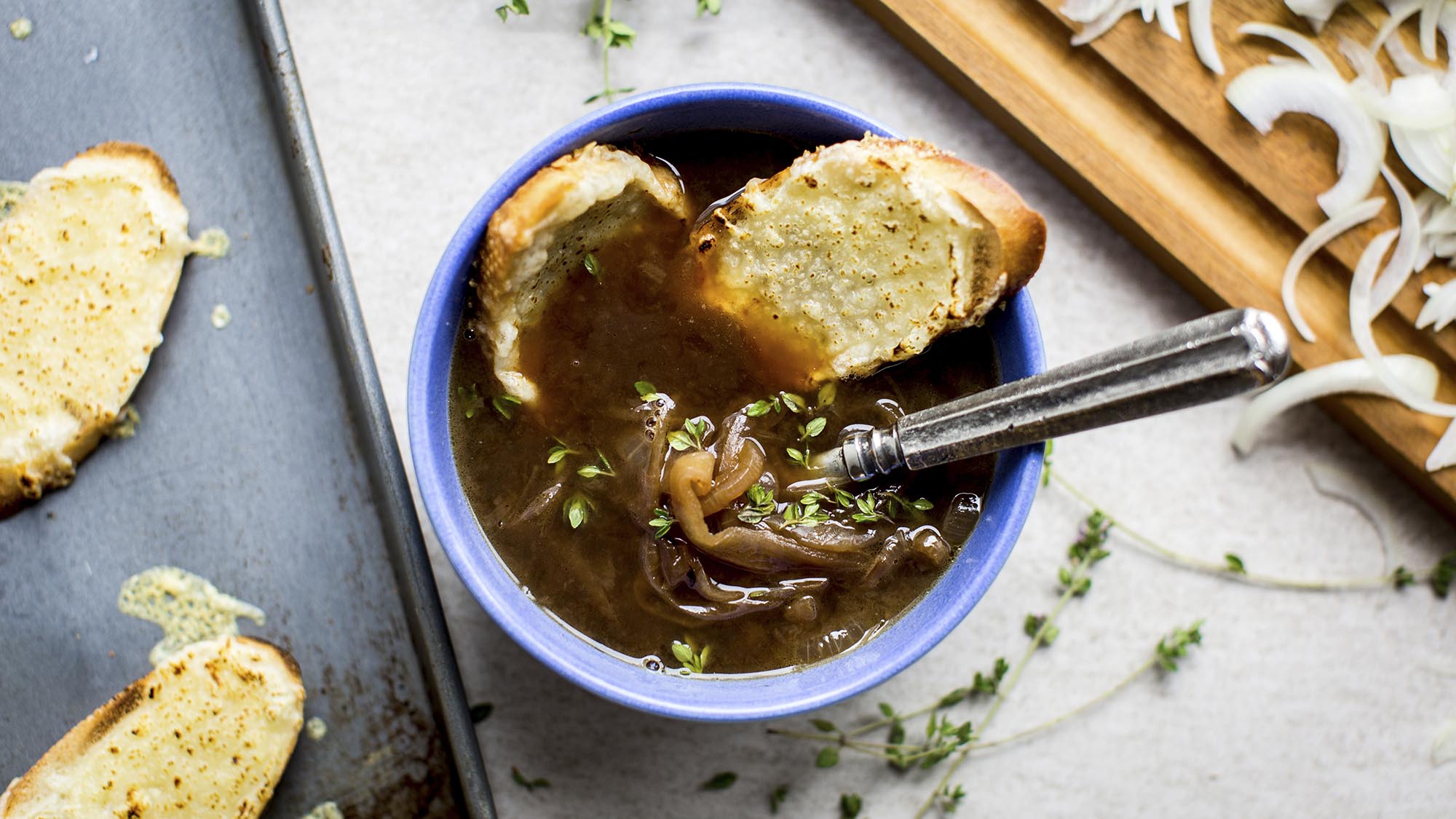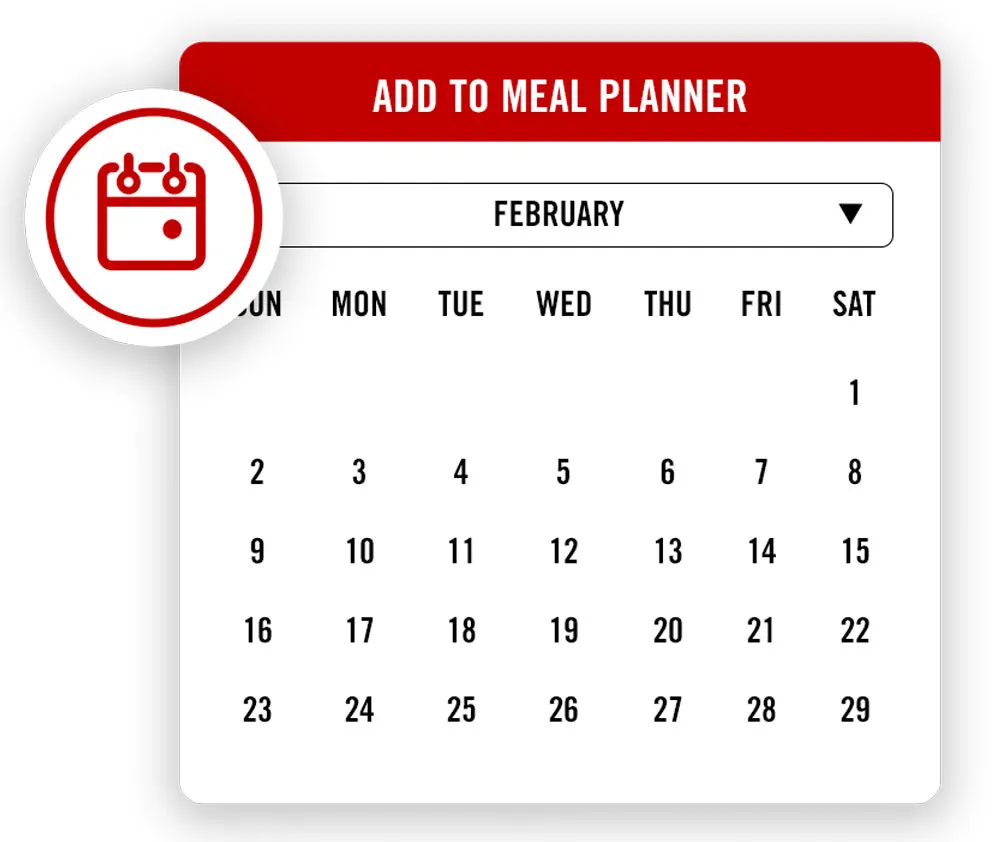What's your favorite sandwich? A club sandwich? Maybe a Cuban sandwich? What about a chicken sandwich or even a breakfast sandwich? No matter your preference, you've probably been disappointed by your own sandwiches versus the ones you order at a deli. Here's why, plus tips on how to make a better tasting sandwich at home (Psst, have someone else make it for you, seriously.)
A great sandwich is more than just meat, cheese and a schmear! There's even science behind why sandwiches tend to taste better when they're not made by you. (Long story short: When you make a sandwich, you imagine eating it, which actually makes you less hungry for it – more on this later.) We had a deli owner reveal the reasons why deli sandwiches are indeed so tasty. Plus, we've included tips on how you can replicate professionally made sandwiches at home.
Quality & Freshness
Paulie James, owner of the popular Los Angeles deli Uncle Paulie's, says that a combination of "high-quality ingredients and top-notch bread that complement each other well" sets good deli sandwiches apart from the rest.
"When you use fresh, high-quality ingredients, you can taste the difference. We're located in California, which offers no shortage of fantastic fresh produce," says James.
Being a larger operation than your average household, sandwich shops and delis are able to source the best local, domestic and imported ingredients and have the prep space and time to create their own special, customized sandwiches.

Getty Images
Bread
Without bread to tie everything together, you don't have much of a sandwich! Bread that's too soft and can't hold up to the ingredients inside, and bread that's too hard to comfortably take a bite of, can cause you to put down a sandwich even when it's filled with your favorites.
Delis put a lot more thought into what type of bread they use for different types of sandwiches than you likely do. They also have relationships with bread purveyors and individual bread makers, so they have easy access to a selection of breads that you simply don't when you're walking through the bagged bread aisle in your local supermarket. Some sandwich spots may even employ their own baker, and that baker may source the highest-quality flours made by millers who are personally selecting and milling heirloom whole grains. The quality of those sandwiches is very hard for the home cook to match!
Also, no one wants to hyperextend their jaw taking a bite from a sandwich made with bread that was cut too thickly, which brings us to our next topic: the deli slicer.
Slicing for Sandwiches
Unless you have the time to hit up your local deli or grocery store for freshly sliced meat and cheese every day before constructing your sandwich, odds are your sandwich ingredients could be a little fresher.
James says, "The major difference between slicing your meat fresh versus buying it pre-packed is it's minimally processed rather than filled with preservatives. Slicing to order allows us to offer the freshest option while eliminating waste from pre-slicing."
Some delis, like Uncle Paulie's, even offer freshly sliced meats and cheeses for you to take home in addition to their sandwich offerings. Did you know you can even freeze your deli meat? And if you're interested in how to properly store cheese, here's how.
Delis also often have mechanized bread and meat/cheese slicers, enabling them to quickly and exactingly slice the sandwich components so they combine in the most satisfying way possible. The uniformity of mass-produced, pre-sliced meats and cheeses may not necessarily provide the thickness or thinness that you prefer in a sandwich. And unless you have super-sharp knives and excellent knife skills, you can't really compete with the slicing equipment most delis have.
Sandwich Construction
The right sandwiches are works of art that layer everything correctly, from the bread to the seasonings, and James says this could be a make-it-or-break-it factor, determining whether you'll have a delicious sandwich or a soggy, bland one.
"Second to the bread being great, the ratio of ingredients really matters when constructing the perfect sandwich. You want just the right amount of veggies, oils and/or condiments to balance the sandwich without making it soggy," says James. Don't overload your sandwich – there should be a balance between the main ingredients, like meat and cheese, and the veggies that go on top. A schmear should be just that – no matter how much you may love mayo, huge globs of it won't help anybody or any sandwich.
One of the best ways to avoid a soggy sandwich is to eat it immediately. Since that isn't always possible, like if you're packing for lunch at the office, here are a couple of tips:
- Assemble at your destination: Yes, it's an extra step to prep your ingredients and pack them separately, but storing your wet (tomato, pickles, spread, etc.) ingredients separately from your dry ones (meat, cheese, bread) prevents you from having to bite into a damp sandwich.
- Save the spread: If you don't have time to pack all your delicious sandwich ingredients separately, make yours in advance but add the spread just before eating so it doesn't have time to soak into the bread.
Seasoning
Seasoning shouldn't be an afterthought. Sandwiches need seasoning too! Using a squeeze of lemon, fresh herbs or just good old salt and pepper (especially on ingredients like greens, tomatoes, radishes, avocados, etc.) can go a long way in transforming your sandwich from tasting homemade to deli level. Try experimenting by adding new flavors to your mayo or spreads, use pickled onions instead of raw ones, and look beyond what may be your usual suspects like oregano or mustard and use za'atar or zhoug sauce.
Practice & Experience
The people behind the deli counter are experts, and the shop's business is banking on them to create delicious food for customers to enjoy. "We think of our staff as the representatives of our business. By being properly trained and knowledgeable about the menu, they are able to offer the customer a perfect product while taking pride in what they're making," James says.
But it's not just the kitchen staff responsible for making the sandwiches, it's everyone on the team that sets up a deli counter for success. "Customer service is a top priority for us. Our front-of-house staff is always able to offer suggestions, answer questions and create a warm, welcoming environment," says James. Yes, hospitality and good service can make your sandwich taste better.
A Sandwich Made by Someone Else Tastes Better
Scientists (regular ones, not sandwich scientists) have found that a sandwich made by someone else may taste so much better than the ones you make, simply because you didn't make it. Researchers at Carnegie Mellon University believe that this phenomenon has to do with extended exposure to the same stimulus (in this situation, the sandwich making), which decreases your positive behavioral and physiological responses to it, lessening your desire to want to eat it. So, if you enjoy your homemade sandwich so much less than a similar one you just had a deli, it literally may be your mind playing tricks on you. Thank you, science!
Bottom Line
If you're feeling up to the challenge with this new knowledge in mind, try your hand at making one of our 30 Best Sandwich Recipes. Think about the type of sandwich you're going to make, and shop for the appropriate ingredients. Simply put, a tuna or chicken salad sandwich is going to need sturdier bread than a ham and cheese, which will be fine with softer breads. Remember to buy the best and freshest ingredients available to layer into your sandwich, season properly and select a good bread (ask your deli counter person for suggestions for local bakers). Have fun and experiment with condiments, adding flavorings to spreads or picking up a store-bought one that broadens your flavor horizons. Once you've taken care of all those factors, then ask your partner or someone else in your household to make it for you – it could be the best homemade sandwich you'll ever have!
This article was written by Jacqueline Weiss from EatingWell and was legally licensed through the Industry Dive Content Marketplace. Please direct all licensing questions to legal@industrydive.com.







